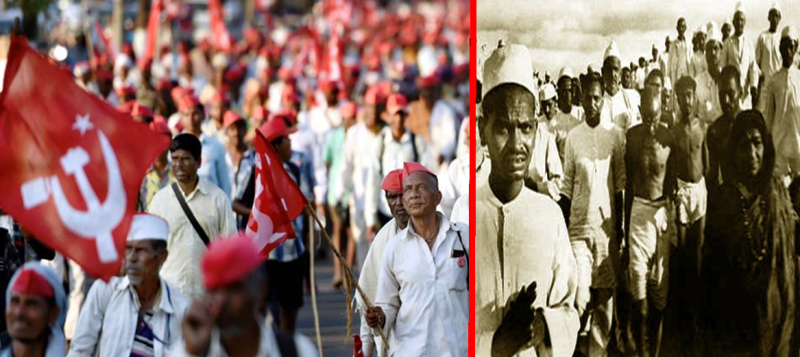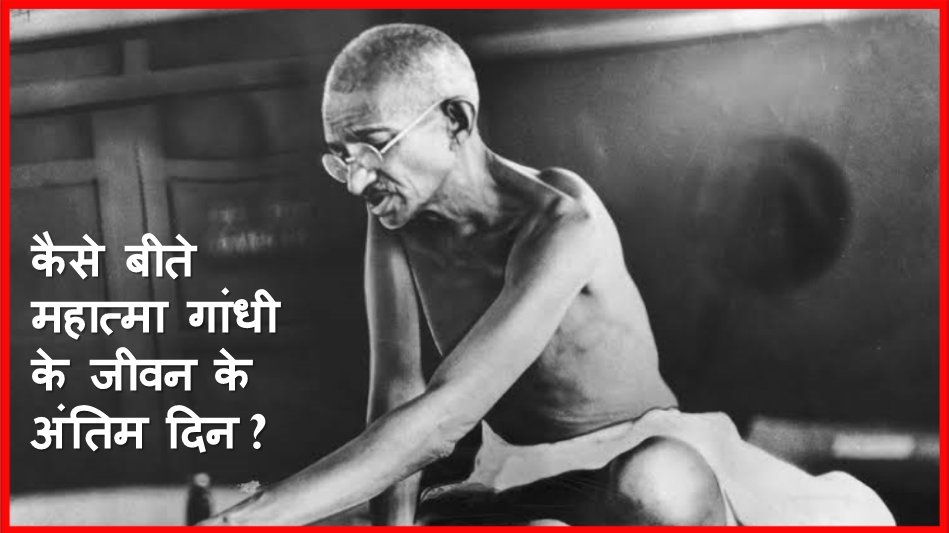THE NEW LEAM VIEW
Long marches for assertion of dignity and reclaiming the voices of common people have been a constant component of Indian political culture. The movement of farmers in Maharashtra is an example of peaceful and collective action in a milieu that is indifferent to the voices of the oppressed.

In the month of March under the leadership of Gandhi a massive march from Sabarmati to Dandi at the coast of the Arabian Sea was taken up to reclaim the right to make salt for thousands of ordinary Indians which the imperial authority had begun to disallow.
The iconic and immensely vibrant march was composed of people from the most humble and marginalised backgrounds however it was their zeal and strength that successfully empowered this movement. Several decades have passed after independence and yet again we are witnessing thousands of ordinary peasants marching towards India’s financial capital to make their voices heard.
The larger political economy, neglects the voices, the aspirations and the needs of an entire community whose work and labour determine the fate of the country in many ways.
For years the nation has been engrossed in an inertia of political power and for the majority of political leaders, the condition of simple citizens is of little significance. The protest by the farmers has made a series of long-standing but familiar demands: Loan waivers, increase in MSP, implementation of Forest Rights Act and wider diffusion of effective property rights and improvements in irrigation infrastructure.
The nation can engross in a debate that talks about various measures that would be needed in order to address these demands. But what sets this movement apart and gives it a character of its own is the moral significance of collective mobilization by ordinary citizens for reasserting a cause so important. It will be immensely important to make sense of this movement just beyond the technicalities or the questions regarding political partisanship. The movement has reasserted the collective strength of a group composed of common citizens.
It is important to realise that this farmers’ rally was a deeply significant and metaphorical reminder of not only the strength that ordinary masses have but brings before us an illustration of peaceful, harmonious and dignified celebration of democratic diversities.. It is not difficult to realise that there is a structural invisibility of farmers that have been present in our country and this is beyond political parties that have come to run the states or centre.
It is important to realise that this farmers’ rally was a deeply significant and metaphorical reminder of not only the strength that ordinary masses have but brings before us an illustration of peaceful, harmonious and dignified celebration of democratic diversities..
The absence of farmer’s in the wider political debate and the questions of the common people are always the weakness of a democratic enterprise like India. The larger political economy, neglects the voices, the aspirations and the needs of an entire community whose work and labour determine the fate of the country in many ways. This is ironic in a country that is agricultural and that has a huge population to feed.
Moreover the parties that entertain the assertion of the community are largely interested in the large farmers, rather than small and marginal ones. The strength of this protest comes from the fact that it was organised and participated in by the most common and deprived farmer.
The protest brought forward the anxieties and dreams of the most deprived community of farmers. This protest has placed in front of us an illustration that even those who come from the marginalised backgrounds have the capability to launch a peaceful and meaningful march to reassert rights that may have been unheard by the broader political economy. One must understand a movement such as this beyond mere political affiliation but as a unique moment for contemplation on themes central to the people’s empowerment.
If you liked the story. Go ahead and support the cause of independent journalism. DONATE NOW














